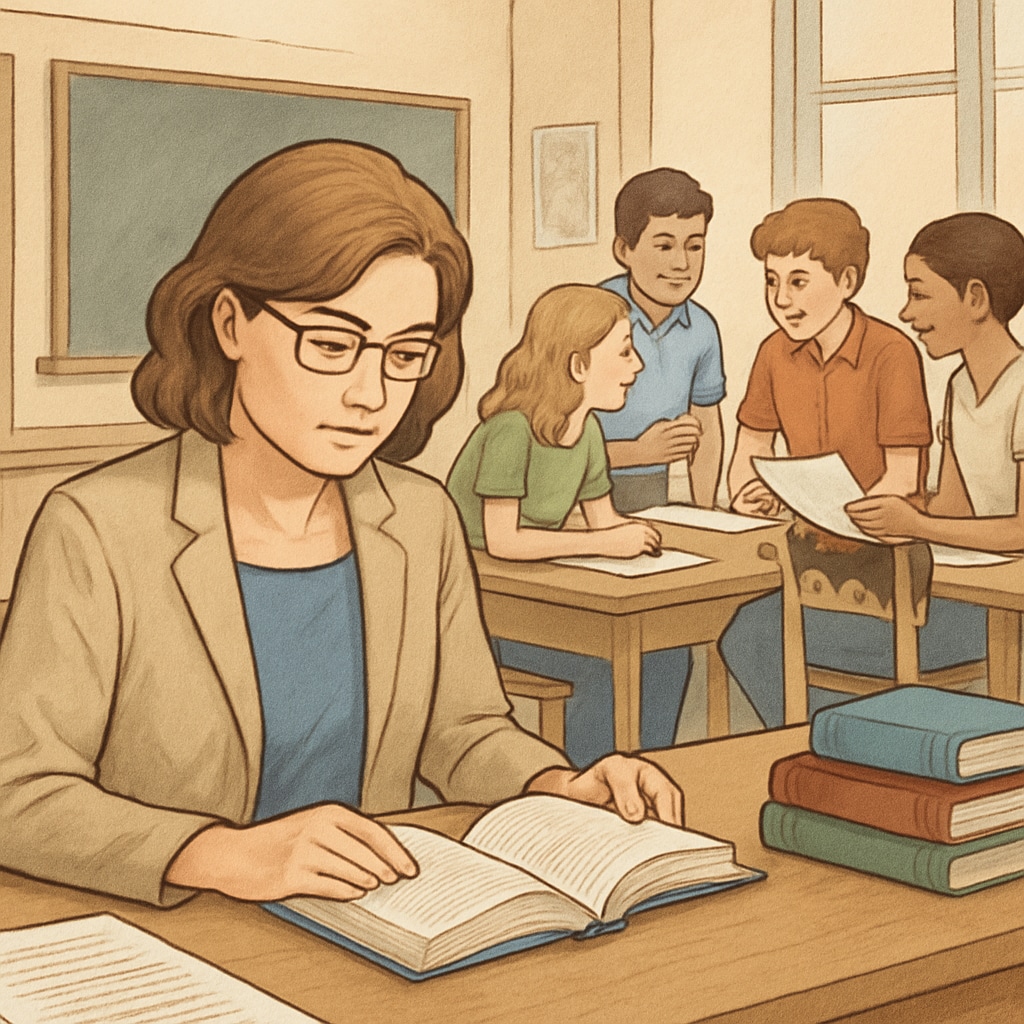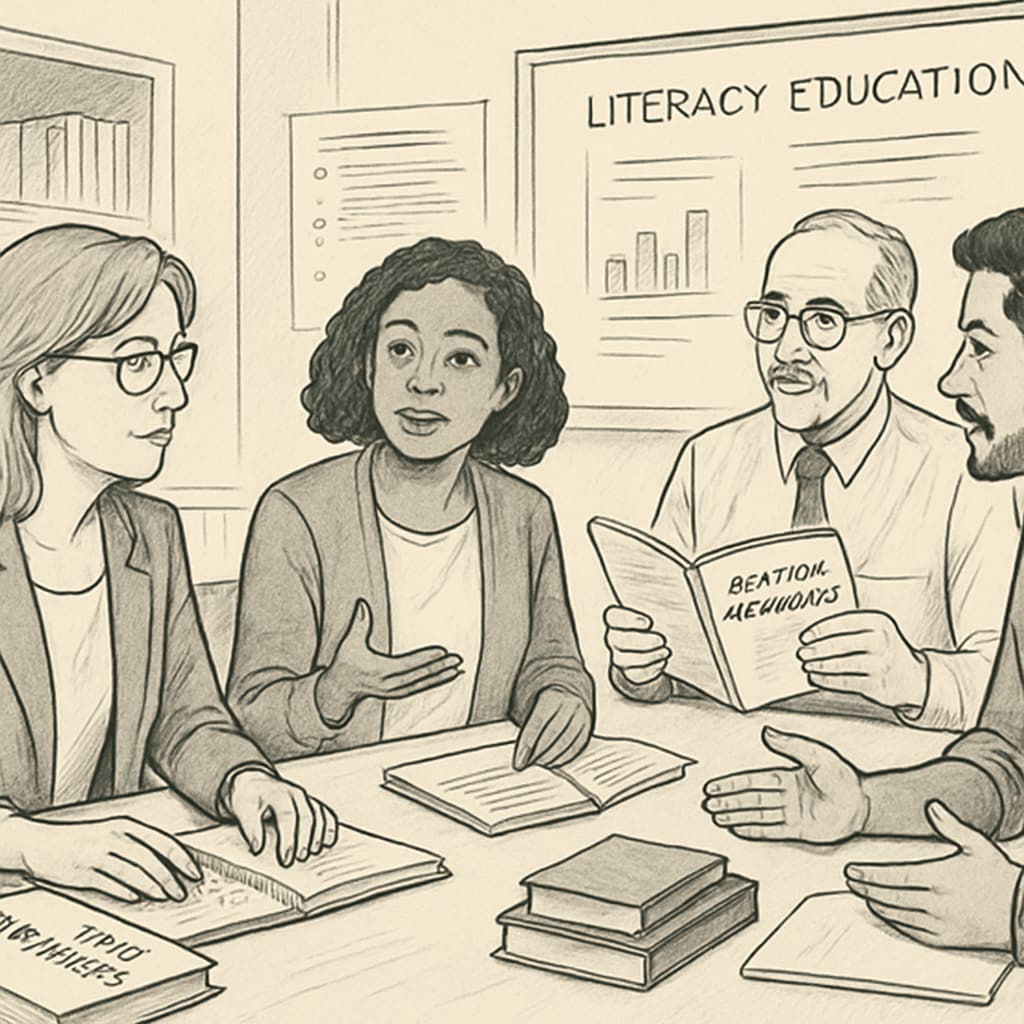The importance of reading comprehension in K12 education cannot be overstated. With the growing need for effective literacy instruction, this project invites teachers to play a pivotal role in shaping how text complexity is evaluated. By participating as volunteers, educators will contribute their expertise to a reading comprehension study aimed at developing a more scientific and practical system for assessing texts.
The Role of Teachers in Evaluating Text Complexity
Teachers are at the heart of literacy education. They understand the challenges students face when engaging with texts of varying complexity. This study seeks to leverage that expertise by inviting primary and middle school educators to assess the readability and appropriateness of selected materials. Their professional judgment will help refine a framework that aligns with real classroom needs.

For example, selecting texts that balance challenge and accessibility is crucial for fostering skills such as critical thinking, inference, and vocabulary building. This project acknowledges that algorithms alone cannot capture the nuanced understanding that teachers bring to the table. As a result, educators’ insights will be instrumental in developing standards that are both scientifically sound and practically applicable.
Why Join This Reading Comprehension Research?
Participation in this initiative offers several benefits for teachers and the broader educational community:
- Professional Impact: Teachers contribute directly to the improvement of curriculum design and the development of national reading standards.
- Skill Enhancement: Engaging with cutting-edge research provides an opportunity for professional growth and a deeper understanding of text complexity.
- Student Benefits: By improving the tools available for evaluating reading materials, teachers ensure that students receive instruction tailored to their needs and abilities.
In addition, this research aligns with broader educational goals, such as promoting equity in literacy by ensuring that all students have access to appropriately challenging texts. According to Britannica’s overview of reading education, well-structured curricula are key to closing achievement gaps.

How to Get Involved
The process of joining this research initiative is simple and designed to fit into the busy schedules of educators. Participation involves reviewing short texts and providing feedback on their complexity, based on factors such as language, structure, and thematic depth. The estimated time commitment is minimal, making it accessible to teachers from various backgrounds and levels of experience.
To sign up or learn more about the project’s goals, visit the official website or contact the research coordinators directly. By joining, teachers not only enhance their own professional development but also play a key role in shaping the future of literacy education. For additional insights into how research impacts education, you can explore this comprehensive guide on educational research.
Take the Next Step: If you are a primary or middle school teacher passionate about improving literacy, this is your opportunity to create a lasting impact. Together, we can build better tools for evaluating texts and empower the next generation of readers.


